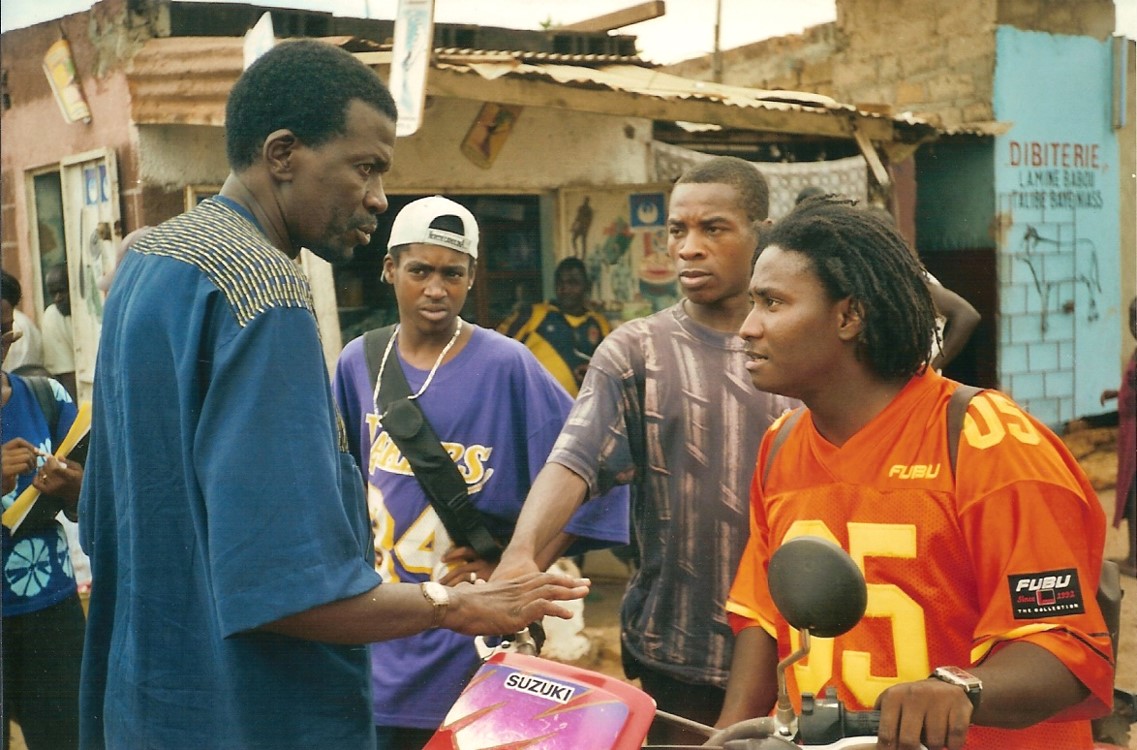Thoughts on Global Dialogues film production

The Global Dialogues team is now just weeks away from the shoot of new GD films. Constantly on our minds these days is the fact that films can possess extraordinary transformative power. If we perform our job well, carefully applying all the lessons we’ve learned about GD film production since we started in 1997, we can do a lot of good; if not, we run the risk of causing serious damage. At Global Dialogues, we aim to create films that help unleash and support positive transformations in society by reaching people profoundly both in their minds and in their hearts. Global Dialogues films are intended above all as triggers of personal reflection, constructive dialogue and meaningful action, rather than as didactic message-delivery vehicles.
Throughout the production process, we bear in mind the “rubber-band principle”. A rubber band features elasticity, but it will break if stretched too far. We strive to create films that expand people’s perspectives as much as possible without going too far and causing a harmful backlash (breaking the rubber band). For example, many of our films portray women as being significantly more empowered than they (still) actually are in many of our societies; it is our hope that our films help stretch perspectives in that desired direction.
Another hallmark of the GD films is that they are the product of a unique multilateral dialogue, reflecting both the essence of the project team and a central characteristic of our philosophy. Global Dialogues film production brings together young people, experts in a given field (such as violence against women) and seasoned film professionals in a mutually respectful, collaborative and synergistic endeavor. While we understand the motivation (most commonly the desire for decision-making sovereignty during the creative process) of young people, technical experts or film professionals who forge ahead fearlessly on their own to bring their ideas to the screen, we see far more merit in those three groups pooling their knowledge, skills and vision to address the sensitive social challenges at hand.
One of the most difficult aspects of managing Global Dialogues film production is identifying people who genuinely embrace the notion of multilateral dialogue, because many simply don’t. Our experience tells us that young people are invariably delighted to engage in such a process, but we’ve encountered many a technical expert (e.g., in the medical field) who considers film professionals as nothing more than order-taking “service providers”, and we’ve seen that some filmmakers bristle at the idea of being anything less than an omnipotent dictator during the production process. We are profoundly grateful to have the good fortune of working together with people who whole-heartedly, humbly and generously embrace the notion of multilateral dialogue.
Starting in the late 1990’s, we had the pleasure of working on multiple occasions with Cheick Oumar Sissoko, a celebrated film director and fierce social activist who went on to become a deeply respected Minister of Culture in his native Mali. Throughout the Global Dialogues film production process, Cheick Oumar insisted that technical and youth advisors not leave his side, saying: “I don’t know what you know, and what you know is critical to what we’re doing here, so you’ve got to speak up whenever necessary.”
In the context of film production, just as in the overall response to the social challenges at hand, nobody has all the answers, and there are numerous reasons why people don’t opt for broadly collaborative approaches through which answers could be found. One of the overarching goals to which we aim to contribute through our work is the emergence of a more open, inclusive, humility-based and curiosity-driven … global dialogue.
Daniel Enger, Executive Director, Global Dialogues


 top
top